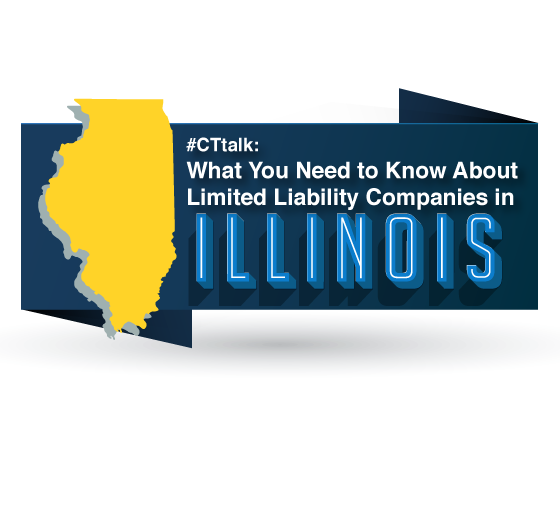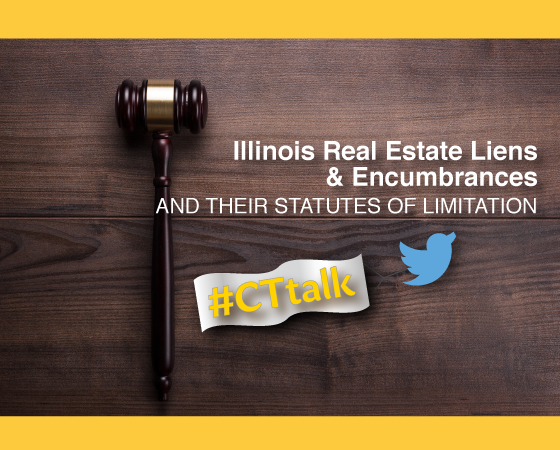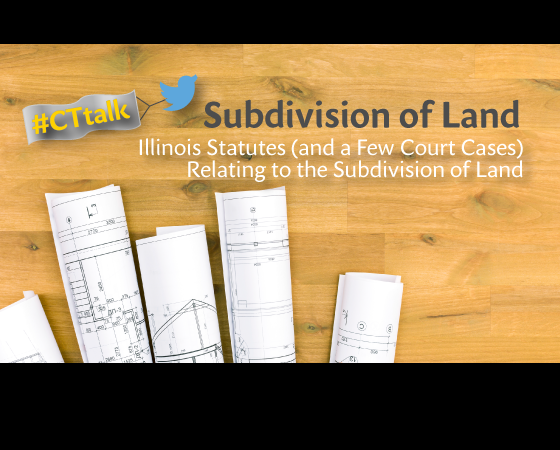By Douglas M. Karlen
Vice President and Regional Counsel
Chicago Title Insurance Company
DOWNLOAD THE ARTICLE HERE.
Since August 10, 2015, trustees of personal trusts have enjoyed the benefits of a new statute that protects the privacy of trust information. An amendment to the Trusts and Trustees Act reduces, or even eliminates, the need for a trustee to deliver a copy of a personal trust agreement to anyone other than a beneficiary. See Public Act 99-337 (SB 1877), effective August 10, 2015, codified at new 760 ILCS 5/8.5. The new section creates a Certification of Trust upon which third parties may rely. In doing so, Illinois joins several other states that protect the privacy of trust information and documents.
New Section 8.5 applies to personal trusts (revocable, irrevocable, living, etc.). It does not apply to Illinois land trusts. For example, it does not apply if title to real estate is vested in an institutional trustee, such as the Chicago Title Land Trust Company.
Title companies have adjusted title examining and clearance practices to accommodate the new Certification of Trust.
THE CERTIFICATION OF TRUST
Instead of furnishing a copy of the trust instrument to a person other than the beneficiary, the trustee may furnish to the person a Certification of Trust. A Certification of Trust form is set out at 760 ILCS 5/8.5(j), but use of this statutory form is not mandatory. Like the statutory form, however, a non-statutory Certification of Trust must contain the following information:
- A statement that the trust exists and the date the trust instrument was executed;
- The identity of the settlor;
- The identity and address of the currently acting trustee;
- The powers of the trustee;
- The revocability or irrevocability of the trust, whether the trust is amendable or unamendable, and the identity of any person holding a power to revoke or amend the trust;
- The authority of co-trustees to sign or otherwise authenticate and whether all or less than all are required in order to exercise powers of the trustee;
- The trust’s taxpayer identification number; and
- The manner of taking title to trust property.
See 760 ILCS 5/8.5(a).
A Certification of Trust need not include the dispositive terms of the trust, 760 ILCS 5/8.5(d), but it must include a statement that the trust has not been revoked, modified, or amended “in any manner that would cause the representations contained in the certification of trust to be incorrect.” 760 ILCS 5/8.5(c). One or more of the trustees must sign the Certification, and the recipient (third party) may require an acknowledgement. 760 ILCS 5/8.5(b).










